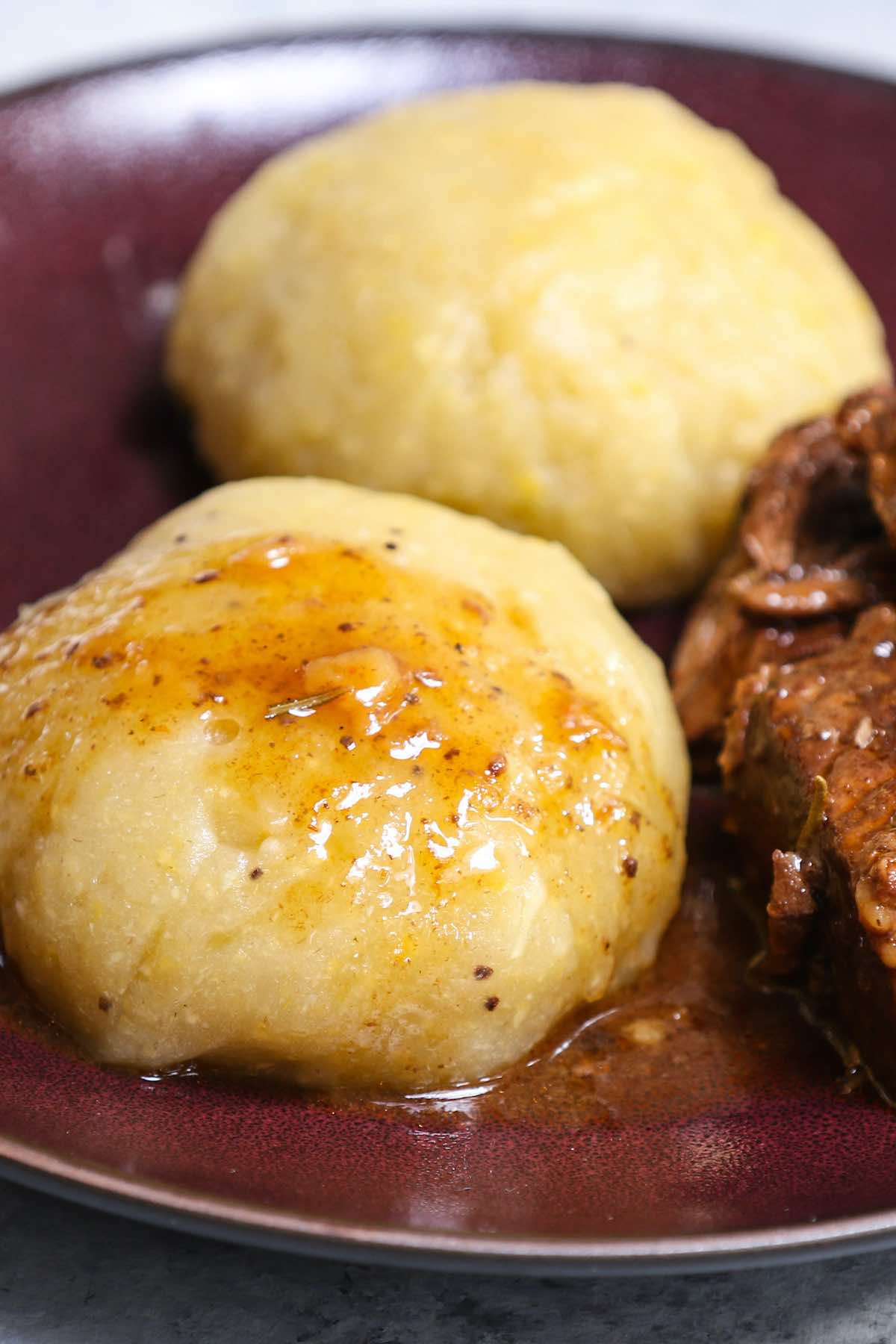Caribbean and African cuisine are steeped in culture, history, and geography, with unique tastes, flavors, and spices. African cooking techniques focus on grilling, roasting, boiling, and frying. In contrast, Caribbean cuisine mostly uses stews and barbeque, with a significant emphasis on spices and herbs, and uses seafood and jerk seasoning. Both cuisines have a significant cultural and social importance, with African cuisine often bringing people together and showcasing unity and festive spirits, and Caribbean cuisine has a strong connection to its history and struggle for independence. These cuisines have contributed significantly to global gastronomy, showcasing the value of their heritage and history.
Introduction
Food is one of the most significant cultural aspects of any region, and the Caribbean and African regions boast of their unique cuisine. The Caribbean cuisine can be traced back to the indigenous peoples of the region, which has been influenced by their African and European counterparts. On the other hand, the African cuisine majorly came from its rich history and its tribal influences, with a combination of the savannah plains, the tropics, and the coastal countryside.
Ingredients and Spices
Both the Caribbean and African cuisine share several ingredients and spices such as rice, beans, yams, plantain, cassava, and coconut. However, the African cuisine boasts of its unique and natural spices, which give a distinctive hot and spicy flavor. These include ginger, garlic, chili peppers, and scallions. In contrast, the Caribbean cuisine incorporates an array of spices originating from different regions, including nutmeg, allspice, and cloves. Additionally, the Caribbean cuisine heavily uses seafood and jerk seasoning, making it one of the most delicious dishes globally.
Recipes and Cooking Techniques
Both cuisines have a significant influence on their recipes and cooking techniques. The African cuisine majorly depends on grilling, roasting, boiling, and frying. The most popular African dish is the Jollof rice, which involves using several ingredients, including tomatoes, onions, and hot peppers, making it one of the most delicious rice dishes globally. On the other hand, the Caribbean cuisine mostly uses stews and barbeque to cook their dishes, with a significant emphasis on the use of spices and herbs to enhance the flavor.
Significance of Food
In African culture, food has a significant cultural and social importance. Food is used to bring people from different tribes and communities together, showcasing love, unity, and festive spirits. Additionally, some of the African cuisine such as yam, millet, and sorghum is believed to have spiritual power, making them integral in religious and traditional ceremonies. In the Caribbean, the cuisine has a strong connection with its history and its struggle for independence. As a result, they have incorporated their unique style into their cooking, contributing to the current Caribbean cuisine.
Conclusion
In conclusion, the Caribbean and African cuisine showcase the richness of their cultural history, their people, and their geographical location. Both cuisines have contributed significantly to the global gastronomy, with unique tastes, flavors, and spices. Furthermore, both cuisines are a symbol of each region’s cultural prowess, showcasing the value of their heritage and history.
